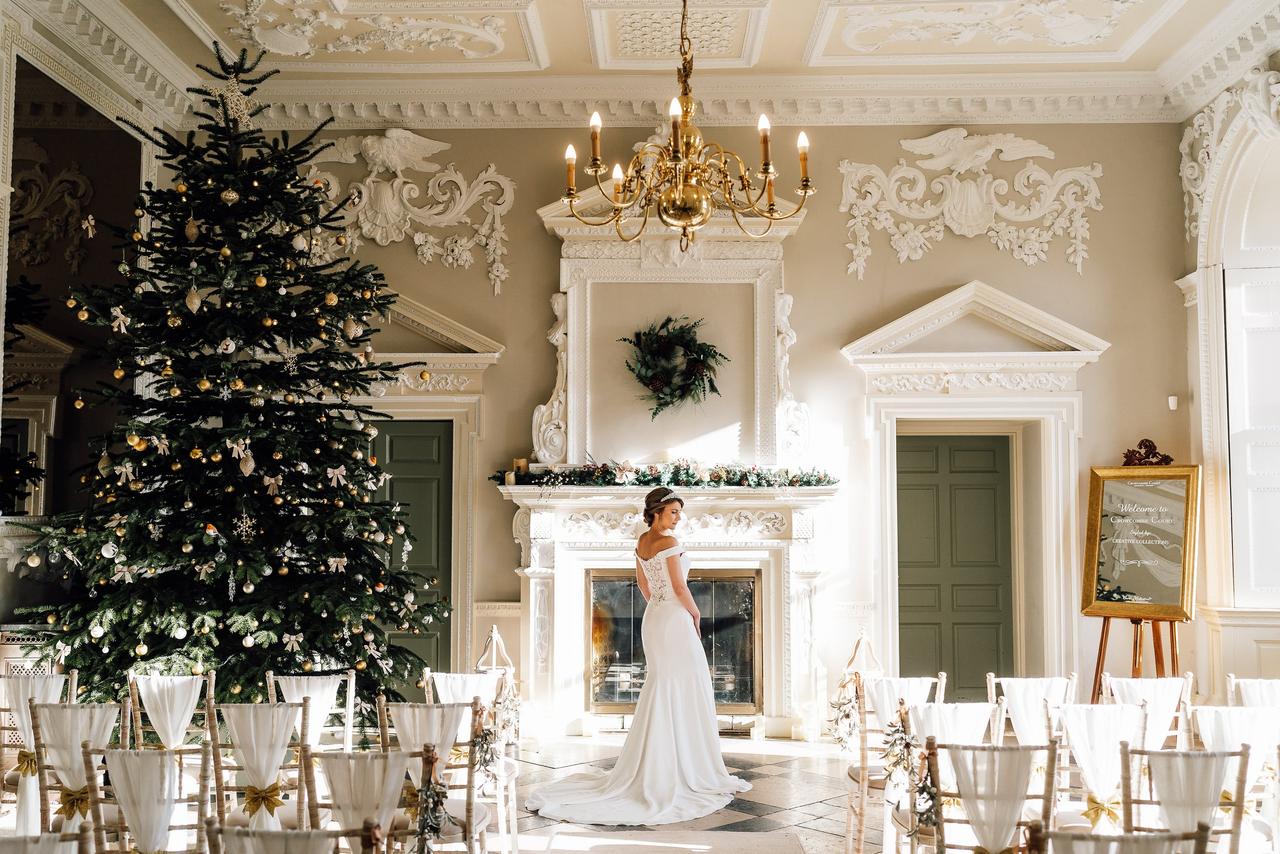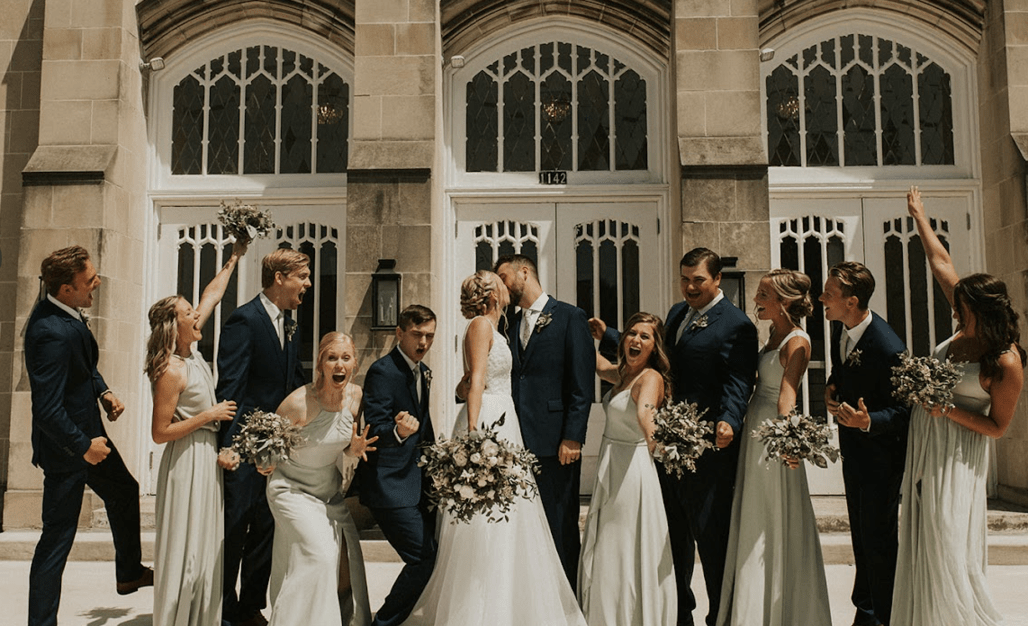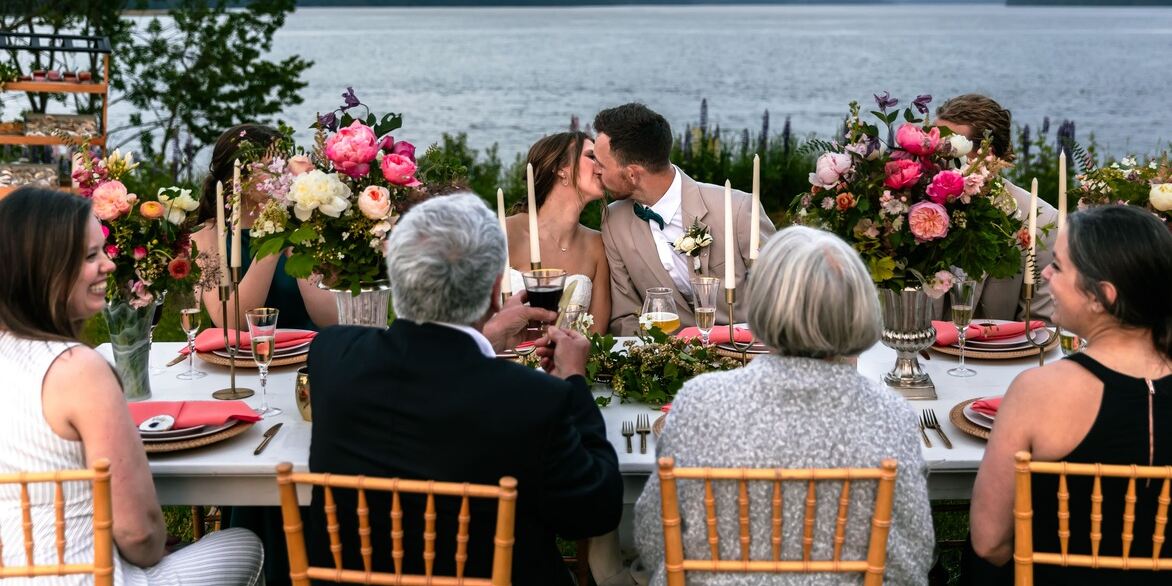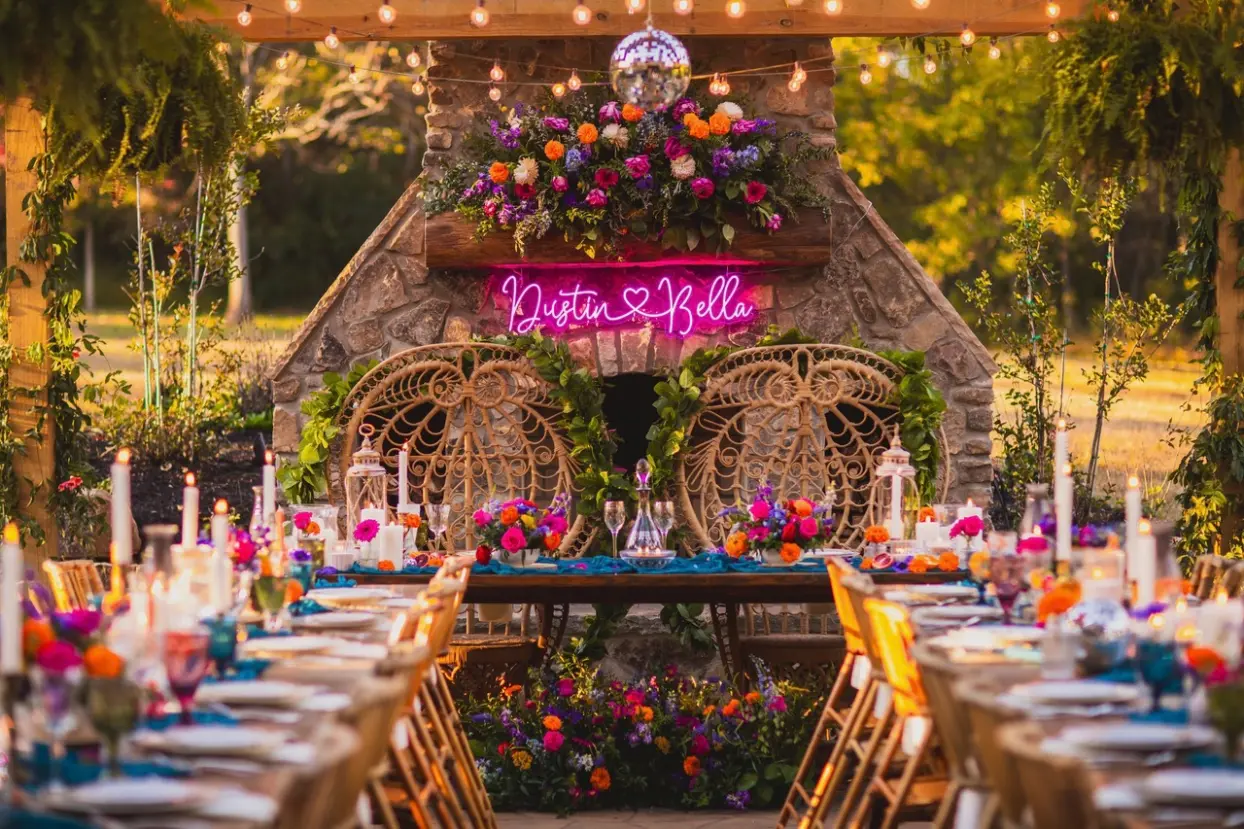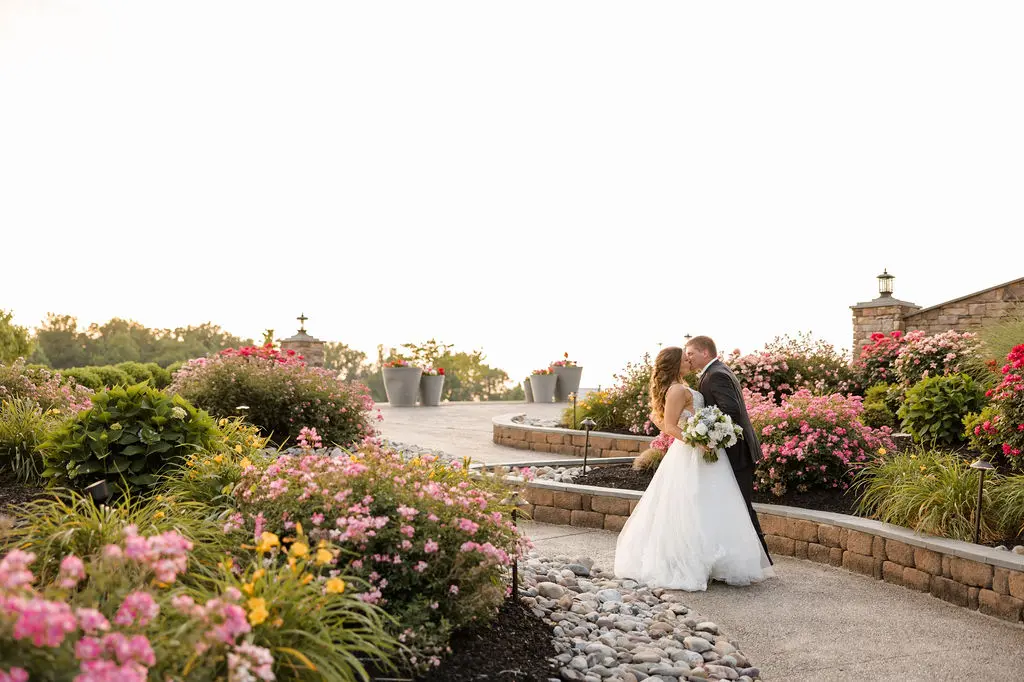While Part 1 of our series focused on technology and trends, today we’re diving into an equally crucial aspect of venue protection: people. From overzealous wedding planners to unauthorized vendors, the human element often creates the biggest contract vulnerabilities.
The Unauthorized Helper
Picture this: A well-meaning uncle decides to “help” by mounting the couple’s 60-inch TV on your venue’s historic brick wall for a video montage. Your contract specifies that all installations must be done by approved vendors, but does it address guest modifications? We’re seeing more venues discover this gap the expensive way.
Unauthorized “help” comes in many forms:
- Family members doing DIY installations
- Friends setting up sound equipment
- Guests rearranging venue furniture
- Amateur bartenders mixing drinks
Your contract needs clear language about who can do what – and more importantly, who can’t.
The Planner Problem
Professional wedding planners are invaluable partners, but they can also be your biggest contract challenge. Many venues are discovering their contracts don’t clearly define planner authority limits. Can they approve timeline changes? Authorize vendor substitutions? Grant setup time extensions?
A Houston venue recently learned this lesson when a planner authorized a early morning setup without venue staff present, leading to significant damage. Their contract specified setup times but didn’t address who could modify them.
The Vendor Shuffle
“Our photographer cancelled, so we got a new one” is a phrase that should set off alarm bells. Last-minute vendor changes are common, but they’re also a major contract vulnerability. Your agreement might require insurance certificates from all vendors, but does it address:
- Timeframes for vendor changes?
- Requirements for replacement vendors?
- Verification processes for last-minute additions?
- Consequences for unauthorized substitutions?
The Guest Gone Rogue
Wedding guests can be unpredictable. They climb on furniture for photos, sneak in outside alcohol, or decide the “perfect spot” for that sparkler send-off is right next to your antique tapestries. Your contract probably addresses guest count and general behavior, but what about:
- Social media behavior guidelines
- Unauthorized drone usage by guests
- Personal decoration additions
- Impromptu entertainment performances
- DIY photo opportunities
The Staff Situation
Your own team can inadvertently create contract vulnerabilities. A well-meaning staff member who says “sure, go ahead” to a small request might be undermining your carefully crafted protections. Your contract should address:
- Who has authority to grant exceptions
- Documentation requirements for changes
- Communication chains for approvals
- Staff liability protections
- Training requirements for temporary staff
The Timeline Creep
“Just 15 more minutes” rarely means just 15 minutes. Timeline extensions create ripple effects:
- Extended staff hours
- Utility costs
- Security concerns
- Cleanup schedule disruptions
- Next-day event impacts
Your contract needs specific language about timeline modifications, including costs, approval processes, and hard cutoff times.
Looking Forward
The people factor in weddings isn’t going away – if anything, it’s getting more complex. Future-proof your contract by considering:
- Remote vendor management protocols
- Clear chain of command structures
- Digital approval processes
- Real-time modification documentation
- Staff authority guidelines
Protecting Your Venue
Remember: Your contract isn’t just about protecting property – it’s about managing people. The best protection comes from clear guidelines that everyone understands and can follow.
Stay tuned for Part 3 of our series, where we’ll explore the financial weak spots hiding in your venue contract.
This article is part of our ongoing series on venue contract protection. Missed Part 1? Read it here [link] to learn about technology and trend-related contract vulnerabilities.

